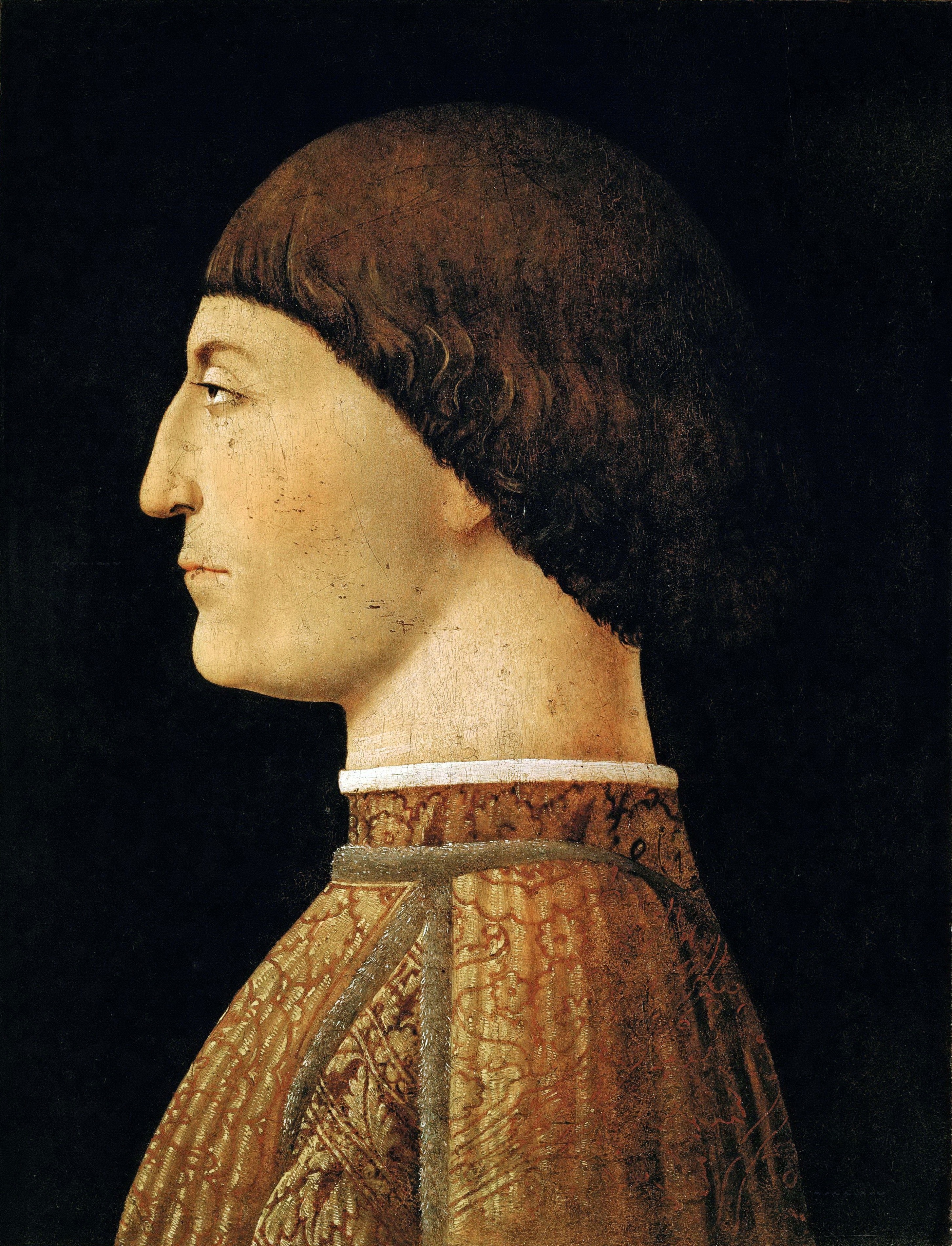|
Pandolfo Malatesta (other)
Pandolfo Malatesta is the name of four members of the Italian House of Malatesta: *Pandolfo I Malatesta (c. 1267 - 1326) *Pandolfo II Malatesta (1325 - 1373), son of Malatesta I Malatesta *Pandolfo III Malatesta Pandolfo III Malatesta (c. 1369 – October 3, 1427) was an Italian condottiero and lord of Fano, a member of the famous House of Malatesta. Biography He was the second son of Galeotto I Malatesta. After the latter's death, the Malatesta lan ... (c. 1369 -1427), brother of Carlo and father of Sigismondo Pandolfo; lord of Brescia and Bergamo, and fought against/for the Visconti * (1390 - 1441), cardinal, son of Carlo * Pandolfo IV Malatesta (1475-1534), father of Sigismondo Malatesta It can also refer to Sigismondo Pandolfo Malatesta, also condottiero and lord of Rimini {{hndis, Malatesta, Pandolfo ... [...More Info...] [...Related Items...] OR: [Wikipedia] [Google] [Baidu] |
House Of Malatesta
) , type= Noble house , country=ItalySan Marino, estates= Castel Sismondo (Rimini) Rocca Malatestiana (Cesena) , titles=, founded=, founder=Malatesta da Verucchio, final ruler=Pandolfo IV Malatesta, deposition=, dissolution= The House of Malatesta was an Italian family that ruled over Rimini from 1295 until 1500, as well as (in different periods) other lands and towns in Romagna and holding high positions in the government of cities in present day Tuscany, Lombardy and Marche. The dynasty is considered among the most important and influential of the Late Middle Ages. In the period of maximum influence, they extended their domains along the Marche coast, up to Ascoli Piceno, Senigallia, Sansepolcro and Citerna, and to the north, on the territories of Bergamo and Brescia. History The family's progenitor is said to be Rodolfo of Carpegna whose fighting spirit yielded him the sobriquet ''mala testa'' ("bad head"). From 1004 on he built a castle on the rock of Pennabilli. In th ... [...More Info...] [...Related Items...] OR: [Wikipedia] [Google] [Baidu] |
Pandolfo I Malatesta
Pandolfo I Malatesta (c. 1267 – 6 April 1326), son of Malatesta da Verucchio, was an Italian condottiero and Lord of Rimini from 1317. In 1304, at the death of Pope Boniface VIII, he captured Pesaro, Fano, Senigallia and Fossombrone, which he lost and recovered in the following years. In 1317 he became lord of Rimini and head of the Malatesta family at the death of his brother, Malatestino dell'Occhio. In 1321 he was ''capitano generale'' (supreme commander) of the Papal States against the Ghibellines and the Montefeltro of Urbino. Pandolfo I had two sons - Malatesta II and Galeotto I. At his death in 1326, there was a struggle for succession between his eldest son, Malatesta II and his nephew Ferrantino (son of Malatestino). A partition was reached by which Malatesta II succeeded in Pesaro and Ferrantino in Rimini Rimini ( , ; rgn, Rémin; la, Ariminum) is a city in the Emilia-Romagna region of northern Italy and capital city of the Province of Rimini. ... [...More Info...] [...Related Items...] OR: [Wikipedia] [Google] [Baidu] |
Pandolfo II Malatesta
Pandolfo II Malatesta (1325 – January 1373) was an Italian condottiero. The son of Malatesta II Malatesta, he fought under Werner von Urslingen and Gil de Albornoz. Later served Galeazzo II Visconti of Milan, but raised the jealousy of Bernabò Visconti and fled to the Marche. Later held a condotta for Florence against Pisa and fought against John Hawkwood Sir John Hawkwood ( 1323 – 17 March 1394) was an English soldier who served as a mercenary leader or '' condottiero'' in Italy. As his name was difficult to pronounce for non-English-speaking contemporaries, there are many variations of it i .... He died in Pesaro. References *P. J. Jones. ''The Malatesta of Rimini and the Papal State.'' Cambridge University Press, 2005 1325 births 1373 deaths Pandolfo 2 Malatesta, Pandolfo 2 {{Italy-mil-bio-stub ... [...More Info...] [...Related Items...] OR: [Wikipedia] [Google] [Baidu] |
Pandolfo III Malatesta
Pandolfo III Malatesta (c. 1369 – October 3, 1427) was an Italian condottiero and lord of Fano, a member of the famous House of Malatesta. Biography He was the second son of Galeotto I Malatesta. After the latter's death, the Malatesta lands were divided: he received Fano, while his brothers Carlo, Andrea and Galeotto Novello inherited Rimini, Cesena and Cervia, respectively. Galeotto's sons were educated under humanists like Giacomo Allegretti and the famous Francesco Filelfo. Pandolfo began his career as condottiero at the age of 18, leading a band of ''masnadieri'' to ravage Tuscany. In 1388 he accepted a ''condotta'' from Venice against the Carraresi family of Padua. In 1393 he fought with Andrea against the Ordelaffi of Forlì, but his occupation of Todi and Narni, then part of the neighbouring Papal States, attracted him the excommunication of Pope Boniface IX. Later pardoned, he fought against the Visconti of Milan in a League supporting Francesco I Gonzaga of Man ... [...More Info...] [...Related Items...] OR: [Wikipedia] [Google] [Baidu] |
Pandolfo IV Malatesta
Pandolfo IV Malatesta, nicknamed Pandolfaccio (Bad Pandulph) (July 1475 – June 1534) was an Italian condottiero and lord of Rimini and other cities in Romagna. He was a member of the House of Malatesta and a minor player in the Italian Wars. He was the son of Roberto Malatesta, at the death of whom (1482) he was created captain general of the Republic of Venice. Four years later he was created knight by King Alfonso II of Naples. In 1495, hired by the Venetians, he took part in the Battle of Fornovo, and later besieged the French garrison Novara. Pandolfo's violence and murders gained him the hatred of his subjects: in 1497, a failed rape attempt on a young girl spurred a revolt in Rimini, which he could suppress only with Venetian intervention. He escaped another plot in 1498. Two years later, Cesare Borgia invaded Pandolfo's territories and Pope Alexander VI, Cesare's father, excommunicated him. Abandoned by his subjects, Pandolfo was compelled to give up Rimini for 2,900 ... [...More Info...] [...Related Items...] OR: [Wikipedia] [Google] [Baidu] |

_-_BEIC_6347239.jpg)
